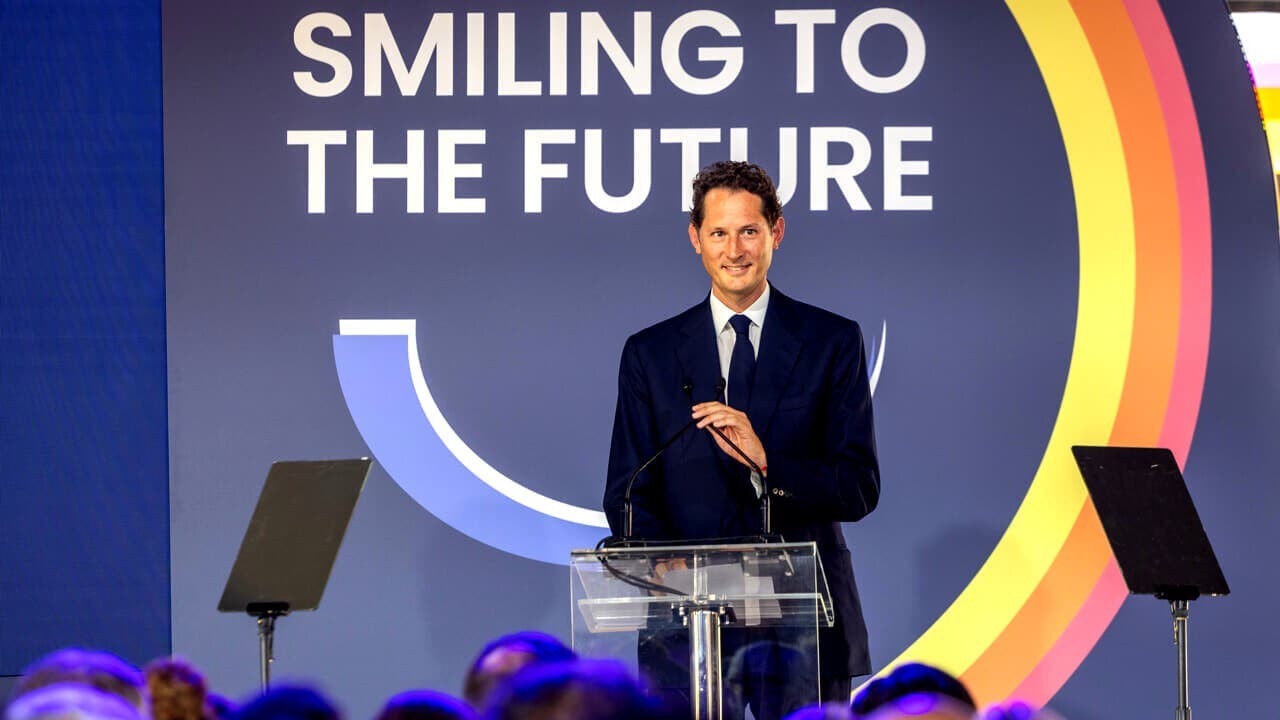Stellantis, the automotive group led by John Elkann, has outlined a detailed list of changes it wants to see in the new automotive package that the European Commission is expected to present on December 10. The company warns that without decisive regulatory action, the risk is weakening a sector that has been one of the pillars of the continent’s economy for decades.
Stellantis reveals its EU “wish list”: here’s what it wants from Brussels

According to Elkann, who spoke during a discussion with journalist Jordyn Dahl, the future of European mobility cannot be built by ignoring the complexity of the market. Stellantis is not questioning the 2035 ban on internal combustion engines, but it is asking the EU to safeguard all technologies that can contribute to emissions reduction, plug-in hybrids, range-extender vehicles and alternative-fuel solutions. These technologies, the group argues, should remain available on the market beyond that date.
Another critical area concerns light commercial vehicles, which are currently subject to the same rules as traditional passenger cars despite serving very different functions. Elkann believes this approach must be urgently revised by introducing specific targets and greater flexibility. Stellantis also suggests adopting a multi-year average for emissions, as has been done in parts of the current regulation, to avoid sudden shocks. The proposal is for a five-year reference period from 2028 to 2032, instead of a single fixed target for 2030.
The package should also include a structured plan to phase out the most polluting vehicles still on the road: a scrappage scheme capable of reducing real-world CO₂ emissions while supporting the industry and easing costs for citizens.

Regarding city cars, Elkann cautiously welcomed the proposal put forward by President Ursula von der Leyen, but reiterated that any initiative aimed at small cars must not result in an electric-only monopoly: alternative solutions must remain part of the equation.
Finally, the group is calling for the introduction of minimum local-content requirements, a measure deemed strategic for protecting the European supply chain, although the details have yet to be defined.
